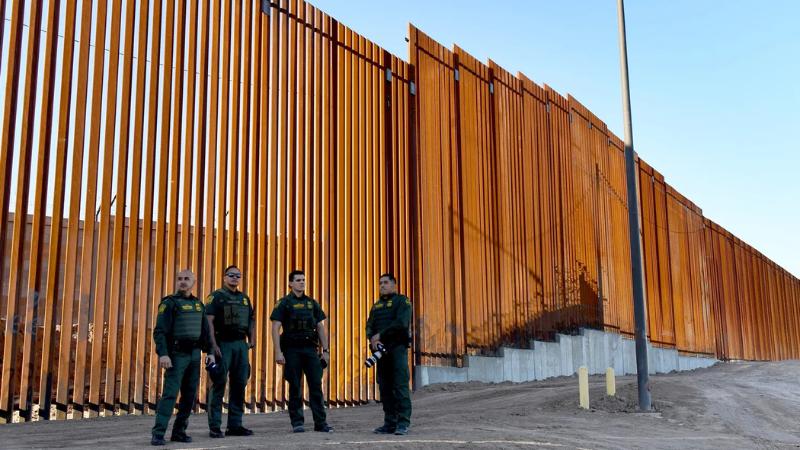
- greensea
- 21 Jan 2025 05:40 AM
- Visa & Immigration
Trump Declares Emergency at Southern Border, Proposes Revocation of Birthright Citizenship
Washington, D.C. – In a controversial move, President Donald Trump declared a national emergency at the U.S.-Mexico border on his first day back in office. He outlined a series of sweeping immigration reforms aimed at curbing illegal immigration, including a proposed executive order to end birthright citizenship, a constitutional right enshrined in the 14th Amendment.
Birthright Citizenship in the Spotlight
Trump announced his intent to revoke automatic citizenship for children born in the United States to undocumented immigrants. "This is about protecting the integrity of our nation," Trump said during an Oval Office press conference. Critics were quick to respond, citing the 14th Amendment, which states, “All persons born or naturalized in the United States, and subject to the jurisdiction thereof, are citizens of the United States.”
Legal experts have warned that overturning this constitutional guarantee through an executive order would face immediate legal challenges. Aaron Reichlin-Melnick, a senior fellow at the American Immigration Council, stated, "The 14th Amendment is crystal clear. A president cannot unilaterally eliminate birthright citizenship."
Troops Sent to the Border
In his inaugural address, Trump described the situation at the border as a "disastrous invasion" and announced plans to deploy thousands of troops to bolster security. "We will repel this invasion and restore order," Trump declared. He also promised to enforce immediate deportations of those entering the country illegally.
Ending Asylum Practices
The administration also announced the reinstatement of the "Remain in Mexico" policy, requiring asylum seekers to stay in Mexico while their cases are processed in U.S. courts. White House Deputy Press Secretary Anna Kelly confirmed that the administration would no longer allow migrants to apply for asylum upon reaching the border, a move activists described as a violation of international law.
Shortly after the announcement, an app designed to help asylum seekers schedule appointments was taken offline. U.S. media reported that around 30,000 asylum seekers had pending appointments that were abruptly canceled. On social media, Stephen Miller, one of Trump’s key advisors, declared, “The doors are shut. Anyone seeking to enter the U.S. illegally will face prosecution and expulsion.”
National Security and Public Safety
The administration also unveiled a proposal to apply the death penalty to non-citizens who commit capital crimes, such as murder. "This is about public safety," Kelly said, emphasizing that the administration is taking a hard stance against violent criminals entering the country.
Impact at the Border
At the southern border, despair and uncertainty spread among migrants. Yaime Perez, a 27-year-old Cuban, pleaded with reporters: "We’ve come so far, risking everything. Please let us in so we can better our lives."
Court Challenges Loom
Immigration analysts predict an avalanche of lawsuits in response to these policies. Legal scholar Aaron Reichlin-Melnick remarked, "Many of these actions are legally dubious and will be challenged in court. The 14th Amendment has safeguarded birthright citizenship for centuries."
Historical Context and Criticism
Trump’s remarks on immigration, including references to illegal migration "poisoning the blood" of the nation, drew widespread condemnation. Critics likened his rhetoric to authoritarian regimes, warning that such language deepens divisions and undermines democratic values.
As Trump moves forward with his hardline immigration agenda, the nation braces for intense political and legal battles. The measures have reignited debates about the balance between border security and human rights, with significant implications for America's identity and values.





































